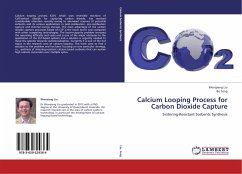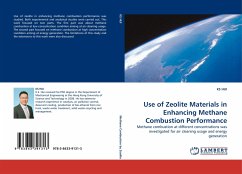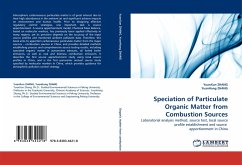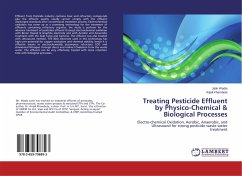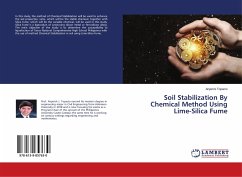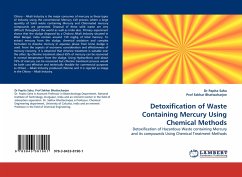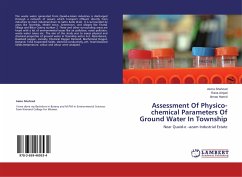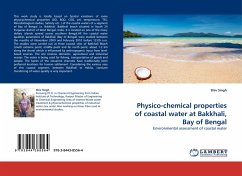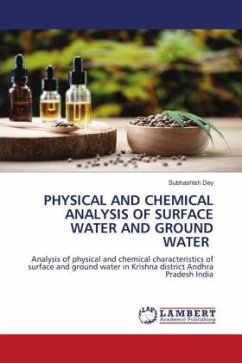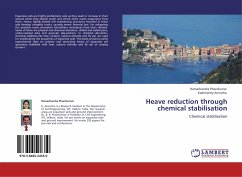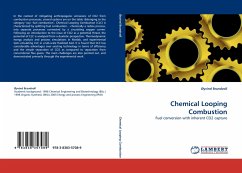
Chemical Looping Combustion
Fuel conversion with inherent CO2 capture
Versandkostenfrei!
Versandfertig in 6-10 Tagen
45,99 €
inkl. MwSt.

PAYBACK Punkte
23 °P sammeln!
In the context of mitigating anthropogenic emissions of CO2 from combustion processes, several options are on the table. Belonging to the category oxy- fuel combustion , Chemical Looping Combustion (CLC) is characterized by splitting fuel combustion, - chemically a red/ox process, into separate processes connected by a circulating oxygen carrier. Following an introduction to the issue of CO2 as a potential threat, the potential of CLC is analyzed from a dualistic perspective. Thermodynamic exergy analysis and process simulations in Matlab, and experimental tests emulating CLC in a lab-scale fl...
In the context of mitigating anthropogenic emissions of CO2 from combustion processes, several options are on the table. Belonging to the category oxy- fuel combustion , Chemical Looping Combustion (CLC) is characterized by splitting fuel combustion, - chemically a red/ox process, into separate processes connected by a circulating oxygen carrier. Following an introduction to the issue of CO2 as a potential threat, the potential of CLC is analyzed from a dualistic perspective. Thermodynamic exergy analysis and process simulations in Matlab, and experimental tests emulating CLC in a lab-scale fluidized bed. It is found that CLC has considerable advantages over existing technology in terms of efficiency and the simple separation of CO2 as compared to separation from conventional flue gases. The main challenges are also pointed out, and demonstrated primarily through the experimental work.



